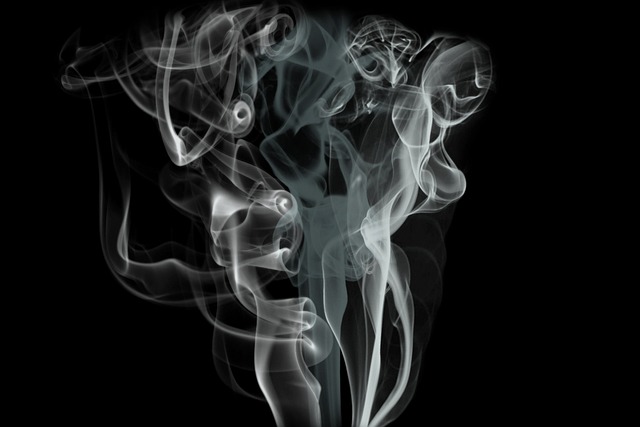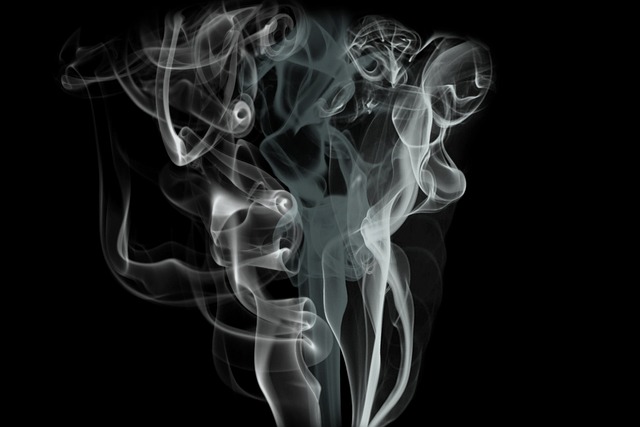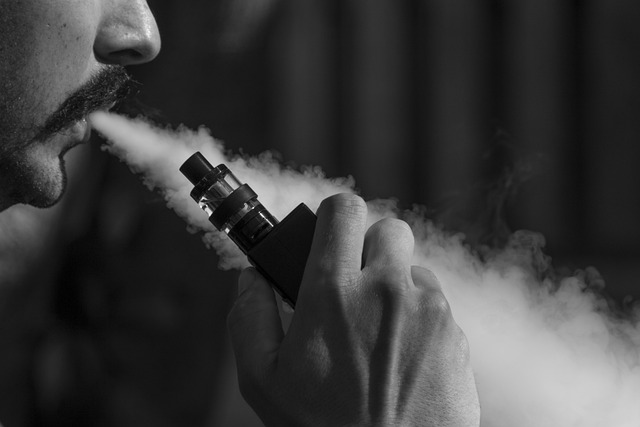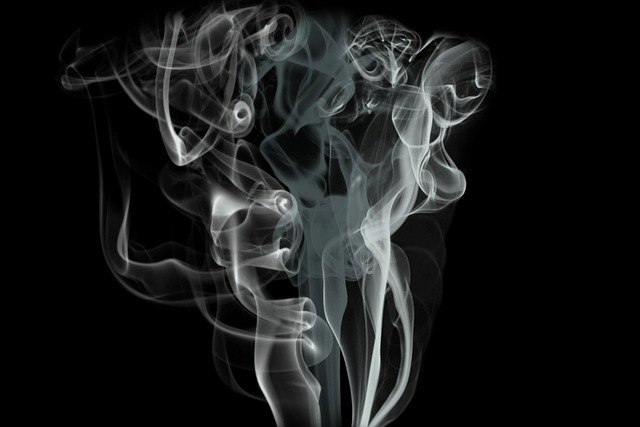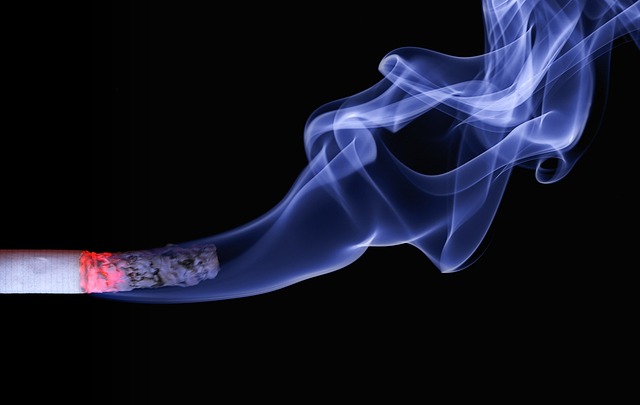Smoking and Wisdom Teeth: Dos and Don’ts
Smoking, a habit that has plagued societies for centuries, remains a contentious issue in today’s health-conscious world. But have you ever wondered how smoking affects the extraction of wisdom teeth? As we delve into the dos and don’ts of smoking and wisdom teeth, prepare to uncover the knowledge behind this perplexing topic. From the potential risks to the recommended precautions, this article aims to provide you with a confident and knowledgeable guide, ensuring you make informed choices for your dental health. So, grab a seat and get ready to navigate the realm of smoking and wisdom teeth, where clarity and neutrality prevail.
1. Understanding the Relationship: Exploring the Connection Between Smoking and Wisdom Teeth
Smoking and wisdom teeth are two unrelated topics at first glance, but upon closer examination, a fascinating connection emerges. While the impact of smoking on overall oral health is well-documented, its specific effect on wisdom teeth is often overlooked. Wisdom teeth, also known as third molars, typically emerge between the ages of 17 and 25. They can cause various issues, including pain, infection, and misalignment. It turns out that smoking can significantly increase the likelihood of experiencing complications with wisdom teeth.
1. Increased risk of dry socket: Dry socket is a painful condition that occurs when the blood clot that forms after tooth extraction dissolves prematurely, leaving the underlying bone and nerves exposed. Studies have shown that smokers are up to four times more likely to develop dry socket after wisdom tooth extraction compared to non-smokers.
2. Delayed healing: Smoking can also hinder the healing process after wisdom tooth extraction. The chemicals in cigarettes reduce blood flow to the surgical site, impeding the delivery of oxygen and nutrients necessary for proper healing. Consequently, smokers may experience prolonged pain, swelling, and an increased risk of infection.

2. The Impact of Smoking on Wisdom Tooth Extraction: Key Considerations
Key considerations for the impact of smoking on wisdom tooth extraction:
1. Delayed healing: Smoking can significantly impede the healing process after wisdom tooth extraction. Nicotine and other harmful substances present in cigarettes can restrict blood flow, impair oxygen delivery, and compromise the body’s ability to repair damaged tissues. This may lead to a prolonged recovery period, increased risk of infection, and potential complications.
2. Increased risk of dry socket: Smoking is a well-known risk factor for the development of dry socket after wisdom tooth extraction. Dry socket occurs when the blood clot that forms in the tooth socket is dislodged or dissolves prematurely, exposing the underlying bone and nerves. Smoking introduces heat, chemicals, and suction into the mouth, which can disturb the blood clot and hinder proper healing, thereby elevating the chances of developing dry socket.
3. Dos and Don’ts for Smokers Facing Wisdom Tooth Surgery: Expert Advice
When it comes to smokers undergoing wisdom tooth surgery, certain precautions must be taken to ensure a smooth and successful recovery. Here are some expert-recommended dos and don’ts that every smoker should keep in mind:
Dos:
- Quit smoking at least two weeks prior to the surgery: To promote optimal healing, it is highly recommended to stop smoking completely for at least two weeks before your wisdom tooth extraction. This will reduce the risk of complications, such as delayed healing, infection, and dry socket.
- Follow post-operative care instructions diligently: After the surgery, carefully adhere to the instructions provided by your oral surgeon. This includes maintaining proper oral hygiene, taking prescribed medications, and attending follow-up appointments. These measures will contribute to a faster and smoother recovery.
- Stay hydrated: Drinking plenty of fluids, preferably water, is crucial for smokers undergoing wisdom tooth surgery. It helps prevent dry mouth and promotes saliva production, which aids in the healing process and reduces the risk of infection.
Don’ts:
- Avoid smoking after the surgery: Smoking significantly hampers the healing process and increases the chances of complications. It constricts blood vessels, reduces oxygen flow, and inhibits proper circulation, all of which are detrimental to the healing site. It’s best to refrain from smoking for at least two weeks following the procedure.
- Avoid using nicotine replacement products: Although nicotine replacement products may seem like a viable alternative to smoking, they still contain nicotine, which can impede the healing process. It is advised to abstain from using any nicotine-containing products during the recovery period.

4. Minimizing Risks and Maximizing Recovery: Strategies for Smokers with Wisdom Teeth Concerns
When it comes to smokers with wisdom teeth concerns, there are several strategies that can be implemented to minimize risks and maximize recovery. By following these strategies, individuals can ensure a smooth and successful healing process while also reducing potential complications.
1. Quit smoking: The most effective way to minimize risks and maximize recovery is by quitting smoking altogether. Smoking can significantly impair the healing process, increase the risk of infection, and delay recovery time. By quitting smoking, individuals can enhance blood flow, reduce inflammation, and improve the overall health of their oral cavity.
2. Maintain excellent oral hygiene: It is crucial for smokers with wisdom teeth concerns to prioritize oral hygiene. This includes brushing teeth at least twice a day with a soft-bristle toothbrush and fluoride toothpaste. Additionally, individuals should floss daily and rinse with an antimicrobial mouthwash to minimize the risk of infection. Regular visits to the dentist for professional cleanings and check-ups are also essential for maintaining optimal oral health.

5. Alternative Approaches for Smokers: Exploring Options Beyond Traditional Wisdom Tooth Extraction
When it comes to smokers who require wisdom tooth extraction, it is important to consider alternative approaches that can minimize potential risks and complications. While traditional extraction methods are widely practiced, they may not be suitable for everyone, especially those who smoke.
Here are some alternative options worth exploring:
- Laser-Assisted Wisdom Tooth Extraction: This innovative technique utilizes laser energy to gently remove the wisdom tooth, minimizing trauma to the surrounding tissues. As smoking can impair healing and increase the risk of infection, this approach offers a cleaner and more precise extraction, reducing the chances of complications.
- Minimal-Invasive Techniques: These techniques involve smaller incisions and specialized tools to remove the wisdom tooth with minimal disruption to the surrounding tissues. By reducing the extent of tissue trauma, these approaches can aid in faster healing and minimize the risks associated with smoking.

6. Navigating the Healing Process: Essential Tips for Smokers with Newly Removed Wisdom Teeth
Recovering from wisdom tooth extraction can be a challenging process, especially for smokers. Smoking can significantly hinder the healing process and increase the risk of complications. However, with proper care and following these essential tips, smokers can navigate the healing process more smoothly:
- Avoid smoking for at least 48 to 72 hours: It is crucial to refrain from smoking immediately after the extraction to allow blood clots to form and promote healing. The sucking motion of smoking can dislodge the clot, leading to a painful condition called dry socket. It is recommended to wait at least 48 to 72 hours before smoking again.
- Consider nicotine alternatives: If you’re unable to abstain from nicotine during the healing process, consider using alternatives like nicotine patches or gum. However, it is essential to consult with your dentist or healthcare professional before using any nicotine replacement products.
- Maintain excellent oral hygiene: Keeping your mouth clean is crucial for a speedy recovery. Gently rinse your mouth with warm saltwater after each meal to reduce the risk of infection. Remember to avoid spitting forcefully, as it can disrupt the healing process.
Remember, smoking can significantly impair the healing process and prolong your recovery time. It is crucial to follow these tips and, if possible, consider quitting smoking altogether to promote a faster and smoother healing process. Your dentist or healthcare professional can provide additional guidance and support during this challenging time.
7. Long-Term Effects: Unveiling the Potential Consequences of Smoking on Wisdom Tooth Health
Smoking is a habit that has been widely known to have detrimental effects on overall health. However, its impact on specific oral health aspects, such as wisdom tooth health, is often overlooked. Research has revealed several long-term consequences that smoking can have on wisdom tooth health.
1. Delayed eruption: Smoking has been linked to delayed eruption of wisdom teeth. This means that smokers may experience a longer waiting period for their wisdom teeth to fully emerge. This delay can lead to discomfort, pain, and increased risk of complications.
2. Increased risk of infection: Smoking weakens the immune system and reduces the body’s ability to fight off infections. This puts smokers at a higher risk of developing infections around their wisdom teeth, such as pericoronitis. Pericoronitis is a condition characterized by inflammation and infection of the gum tissue surrounding partially erupted wisdom teeth.
Frequently Asked Questions
Q: What is the connection between smoking and wisdom teeth?
A: Smoking can have an impact on the healing process and overall oral health after wisdom teeth extraction.
Q: How does smoking affect the healing process?
A: Smoking can delay the healing process by reducing blood flow and oxygen supply to the surgical site. This can lead to increased pain, swelling, and a higher risk of infection.
Q: Can smoking cause complications during wisdom teeth extraction?
A: Yes, smoking can increase the chances of complications during and after the extraction procedure. It can interfere with the body’s ability to heal properly, making the recovery process longer and more difficult.
Q: Is it safe to smoke immediately after wisdom teeth extraction?
A: No, it is not safe to smoke immediately after wisdom teeth extraction. The act of smoking can introduce harmful chemicals and bacteria into the surgical site, increasing the risk of infection and impeding the healing process.
Q: How long should I wait to smoke after wisdom teeth extraction?
A: It is highly recommended to refrain from smoking for at least 72 hours after wisdom teeth extraction. However, to promote optimal healing, it would be best to quit smoking entirely during the entire recovery period.
Q: Are there any alternatives to smoking during the recovery period?
A: Yes, there are alternatives to smoking that can help satisfy the oral fixation without the harmful effects of smoking. Chewing sugar-free gum or using nicotine replacement products, such as patches or gum, can be considered as alternatives.
Q: What are the consequences of smoking while recovering from wisdom teeth extraction?
A: Smoking during the recovery period can increase the risk of developing a dry socket, which is a painful condition where the blood clot that forms at the extraction site becomes dislodged or dissolves prematurely. Additionally, smoking can also lead to prolonged pain, infection, delayed healing, and other complications.
Q: Can smoking affect the outcome of wisdom teeth removal?
A: Yes, smoking can have a negative impact on the overall outcome of wisdom teeth removal. It can compromise the success of the procedure and increase the risk of complications, leading to a longer and more uncomfortable recovery.
Q: What steps can be taken to ensure a smooth recovery after wisdom teeth extraction for smokers?
A: Smokers can take several steps to promote healing and minimize complications. It is crucial to quit smoking entirely during the recovery period, maintain good oral hygiene, follow the dentist’s instructions for post-operative care, and attend all follow-up appointments to monitor the healing progress.
Q: Are there any long-term effects of smoking on wisdom teeth extraction?
A: Smoking can have long-term effects on oral health, including an increased risk of gum disease, tooth decay, and oral cancer. It is essential to quit smoking not just during the recovery period, but also for overall oral health and well-being.
To Conclude
In conclusion, understanding the dos and don’ts of smoking when it comes to wisdom teeth is crucial for maintaining a healthy oral cavity. By following these guidelines, you can ensure a smoother recovery process and minimize potential complications. Remember, abstaining from smoking altogether is highly recommended, as it significantly reduces the risk of infection, dry socket, and delayed healing. If you are unable to quit smoking, it is essential to consult with your dentist or oral surgeon to receive personalized advice and support. Ultimately, prioritizing your oral health by making informed choices will contribute to a successful wisdom teeth extraction experience and overall well-being.
